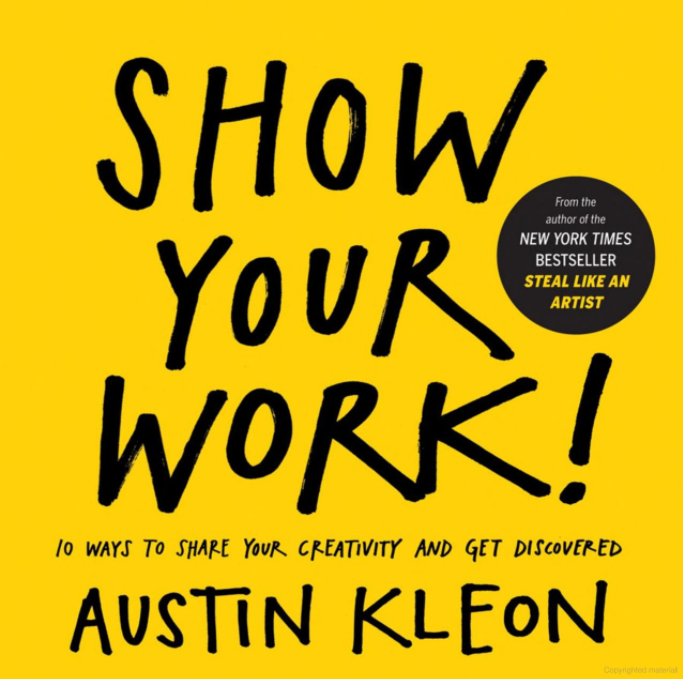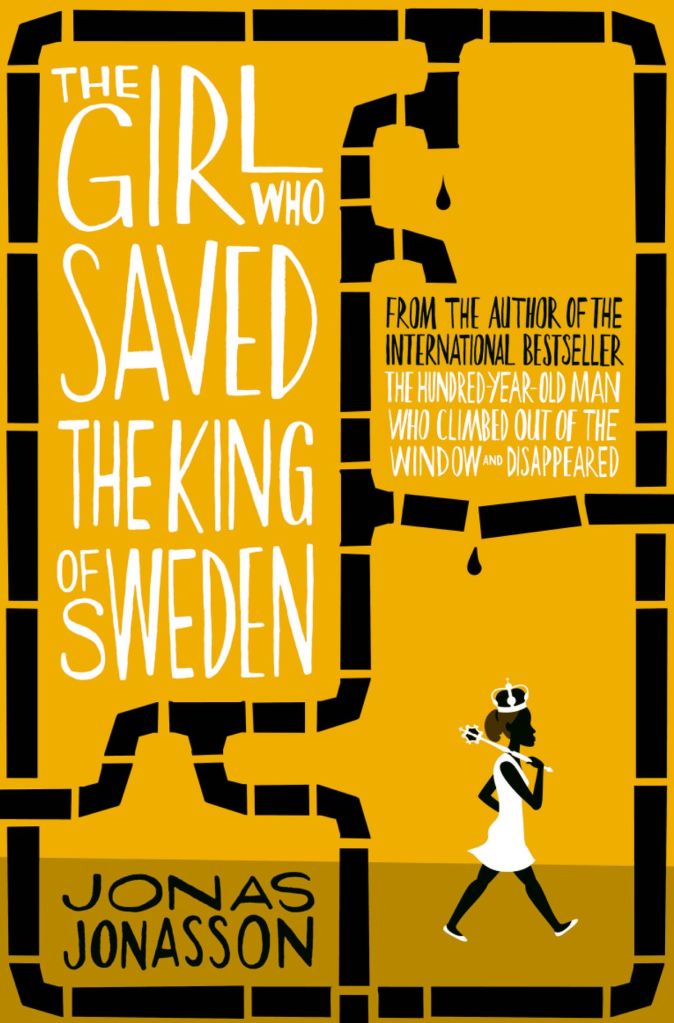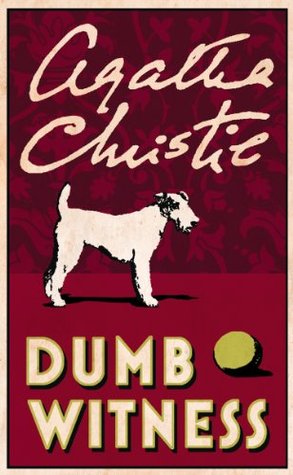Author: Austin Kleon
When I read books like these, the reaction is as I expect to have going in – very little surprise overall. But what I do get out of them are reminders. In this case, to “Show your work”. Austin Kleon is compelling with his ten tips on what he believes are different ways in which you can show your work. Work that is tangible, work that is an act of constant progress and work that while humble, is effective. Both, from a sense that demonstrates your growing skill in any field that you choose to show your work in, and in a sense that you have the satisfaction of having journaled work sufficiently to look back on time well spent.
Now much of what I’ve said above are what I interpretively took away from the book. and not what was exactly said in it. And I think that is the job of the book well done. In fact, at this point in time I cannot even remember the ten tips that he’s provided. I think there is one that relates to social media, one that tells you that if you show your work, people will find you, a couple of quotes and …I don’t know. More stuff. But the point is, it made me remember to work on sharing my work but more importantly, Doing the work. Work isn’t meant to be done to be shared. The sharing should be a natural action that follows the doing, but the doing is not an option. And while I don’t remember much of the Content of the book, I do remember that I found myself disagreeing with very little of what he said.
This was a good book for simply reminding me about things I knew but hadn’t taken consciously seriously.
I will likely read it again.
Subjective rating : 4.5/5











